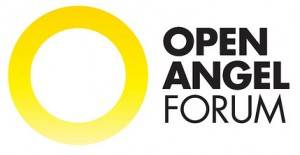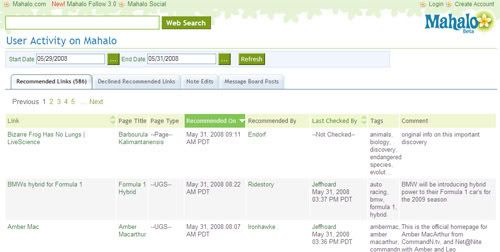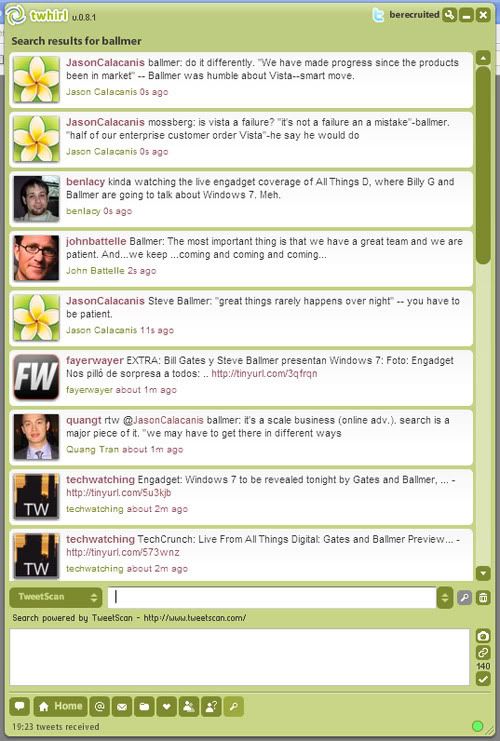One of the memes I’ve enjoyed following this past week started with Jason Calacanis’s How to Save Money Running a Start Up article (later followed by Michael Arrington, Mark Cuban, Duncan Riley, Signal vs Noise). All great read. In a similar style - here’s my take, based on my experience with beRecruited (and now sfEntrepreneurs), on bootstrapping your start up.
1. Love the idea.
Mark Cuban started his list this way, and he’s absolutely right. You’ll be pouring time and energy into it – if you don’t love the concept and the product two things will happen: You’ll lose the passion required to run it and you’ll be an ineffective salesperson.
A friend of mine made his living selling Herbal Life and required all of his salespeople to use the products before selling them. They typically only sold the products they enjoyed / used regularly - and that made them excited, knowledgeable and effective salespeople.
2. Make sure the idea solves a problem / fills a need.
There are a lot of ‘me too’ sites and ideas. Make sure there is a real need / calling for yours. Even when beRecruited was very young and very small, it was easy to communicate with potential users and partners because the value statement was simple and obvious: connect high school athletes with NCAA coaches. It also helped that we were the only players in this space.
3. Release and innovate.
I am a firm believer that small companies are best served by continually releasing and innovating. I think it’s different if you’re building at high-touch product for Google or MSN – but as a bootstrapped startup, it enables you to build a user-base and learn from them. It also makes product releases more efficient (having major product launches undoubtedly takes longer than intended and consumers more resources than expected).
4. Know your users.
Who are your users? What are their needs? Who are you marketing to? Understand this upfront – but capture all of the data to actually identify your users, their onsite behaviors, and where/when you can target them. I guarantee that your definition of a ‘user’ will change from the first business plan… capturing the data enables you to understand how and why.
5. Promote, promote, promote. Sell, sell, sell.
As a bootstrapped startup, it’s all grass roots marketing. I must have passed out 100,000+ fliers at local sporting events (and employed my sisters to do the same). I wore beRecruited swim caps at national meets. I wrote articles (for free) for major industry publications like Swimming World. I always carried 50 business cards in my pocket (which didn’t even have my name on them, just the company’s and a coupon code) and kept a box of 500 VistaPrint promotional fliers in my glovebox. Hell, the back of my SUV has a “beRecruited.com, Free NCAA Recruiting” decal on it.

I used every free moment to talk about the site. Don’t be embarrassed – be proud.
Use the web to market. Get on Twitter and follow JasonCalacanis, LoicLemur, and Scoble to see how it’s done. The web makes marketing cheap and easy. Vistaprint, blogs, forums, Linked In, Twitter, etc.
6. ABG: Always be growing.
One of the great movie lines is Alec Baldwin’s “always be closing” rant. For bootstrappers, I believe that it’s “ABG: Always Be Growing.” It’s easy to chase revenue to offset costs - but those are often short-term revenues that ultimately will be insignificant and are potentially distracting (from an operational perspective).
As a small startup, your traffic probably isn’t significant enough to make substantial money from AdSense. Is it worth interfering with the user-experience for <$1,000 / month? Grow the users and the pageviews. Use your time to release new features… chase revenues after you’ve solidified the product and secured a strong user-base.

7. Be efficient.
Sounds obvious. Sounds easy.
But it’s neither. As a bootstrapper, you’re short on time and money. That means that efficiency is key. Before engaging in any single task, ask yourself (and/or your team) if this is worthwhile and priority #1.
8. Set partner expectations.
Again – it sounds obvious, but it’s often overlooked. I’ve been on both sides of this – as the bootstrapped company working with large organizations and as part of eBay working with two-person start ups.
Set expectations about needs, constraints, timing, etc. I’ve worked with moonlighting developers who have said not to contact them between normal business hours. Great – by declaring that up front, I was a more effective partner and managed my time (and his) far better.
9. Attract great people – but not too many.
Build a tight, smart and energetic team. Understand everyone’s skills and roles – and be very clear about responsibilities. Having too many people can be distracting and inefficient. The goal with any team is to achieve greatness, collaborate and move quickly - avoiding headaches, redundancies and wasted time is equally important.
Be sure that your partners are invested in the idea and the company.
10. Get great at email.
This is particularly important for moonlight entrepreneurs who run their business and communications after hours… Email then becomes your communication medium with the team, your partners and your users. Realize that partners will likely read your email first thing in the morning (along with dozens of others) - so your message needs to be focused and clear. Email exchanges in normal business operations are often inefficient: lots of back-and-forth exchanges. When moonlighting, you normally have one exchange a day – so you either have to make it worthwhile or waste a day’s progress.
Email is also particularly important when the team lives in different locations (or is without a home office). Don’t litter inboxes because staying organized is critical - and everyone knows that organization is already near-impossible with a light mail flow.
11. Use a management system like Google Docs or Trac.
Management platforms like Google Docs and Trac are lifesavers. We use Trac for sfEntrepreneurs and it’s an effective way to communicate between the business and development teams. It also is useful for managing documents, bugs and product roadmaps. We use Google Docs at beRecruited and it’s effective at managing content and data.
Find one that works for you and make sure that everyone uses it routinely. Make sure that the team is receiving all system updates and subscribes to the RSS alerts. These products don’t work if not actively used.
12. Buy your team Blackberries.
The efficiency gain of having everyone connected will pay off the cost instantly.
12A. Drink a lot of coffee.
Jason Calacanis’s point about espresso… dead on. Learn to enjoy it!






